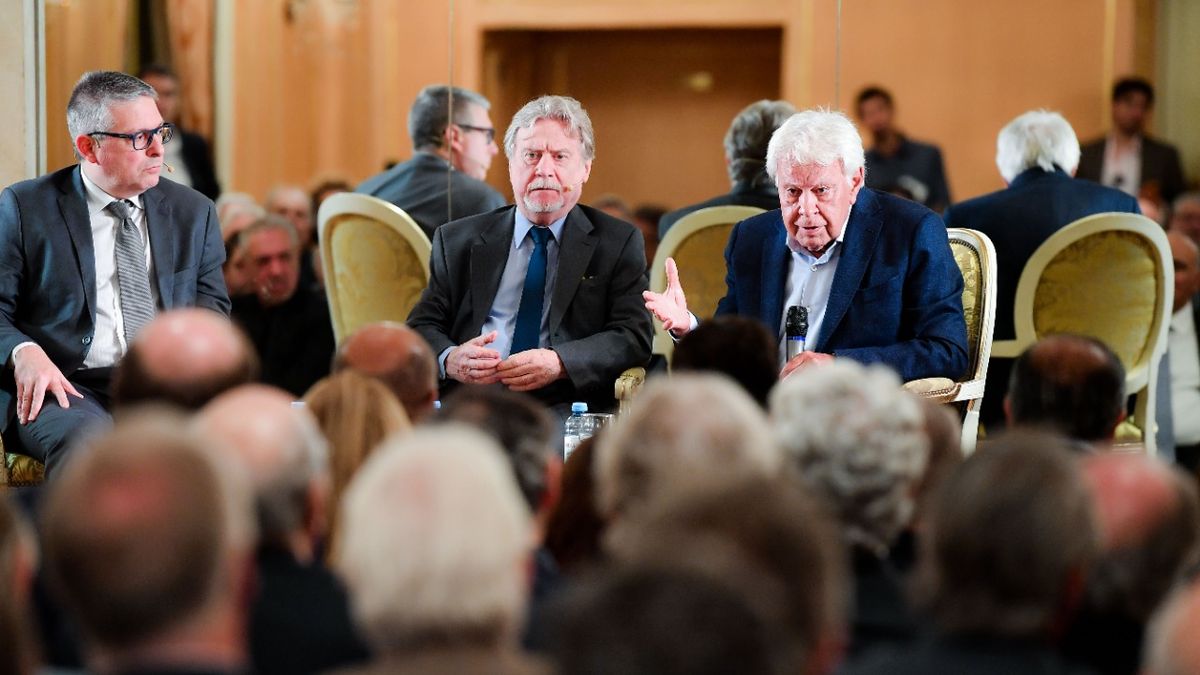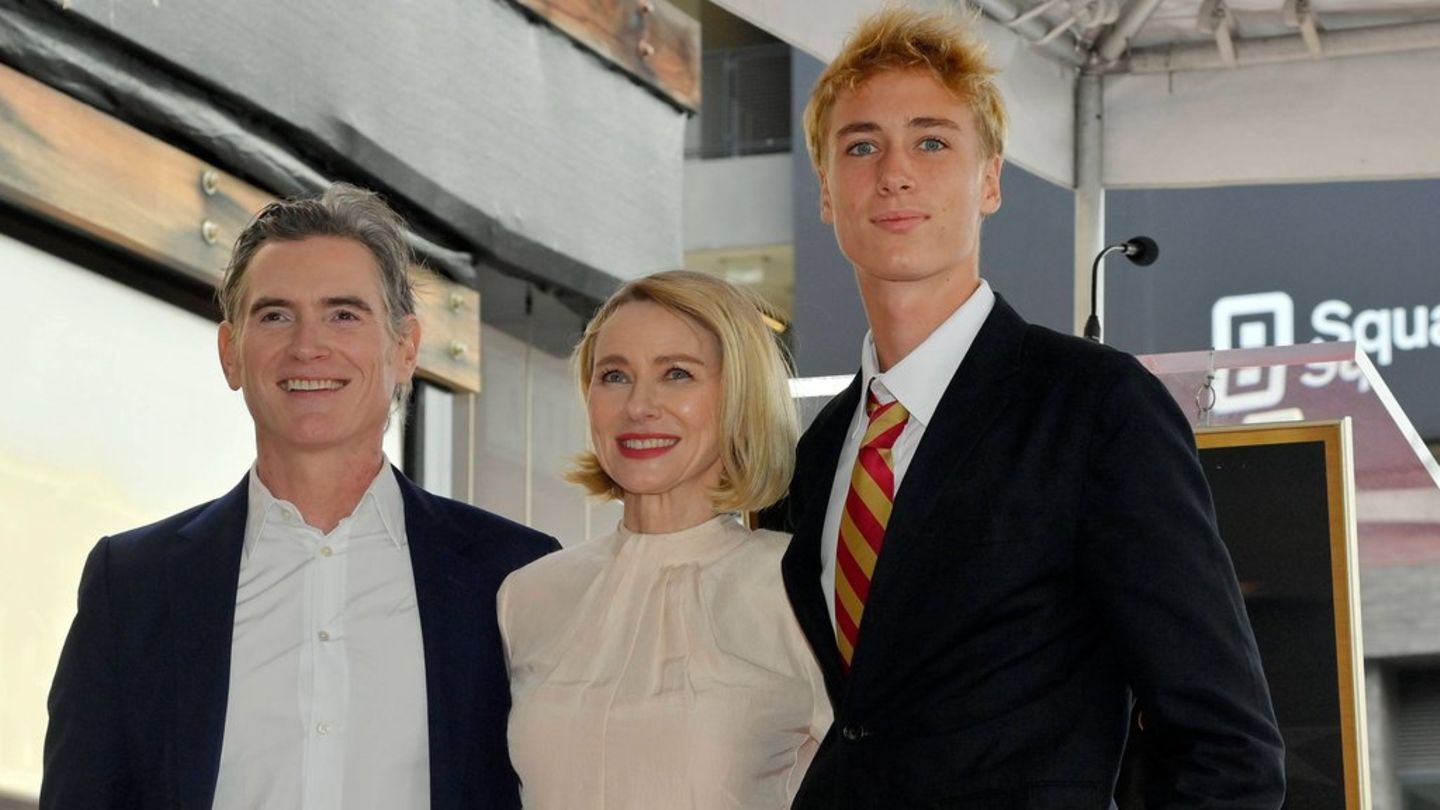True, it is that as Felipe González recognized the “fear of going back to the old ways or “the great agreements always arise from the great crises” He is usually a great discipliner.
In a hall of the Hotel Alvear, Philip Gonzalez spoke for more than an hour about the role of Moncloa Pacts in the consolidation of Spanish development, although he stopped on more than one occasion to emphasize the changes in world geopolitics and the challenges that this implies for Argentina and the region, convened by the G6, which brings together the banking system ( ADEBA), the Stock Exchange, commerce (Argentine Chamber of Commerce), construction (CAMARCO), the countryside (SRA) and industry (UIA).
A crowded auditorium heard the words of the former Spanish president and where members of the Supreme Court, Carlos Rosenkrantz -, Juan Carlos Maqueda and Ricardo Lorenzetti; entrepreneurs like Christian Ratazzi; Aldo Roggio; Juan Napoli, Gerardo Werthein; among others.
felipe gon´zalez in argentina (1).jpeg
Unionism also gave the present, was Hugo Moyano, Juan Carlos Schmidt; Armando Cavalieri, Rodolfo Daer; while, on the part of the political leadership, more members of the opposition were seen, such as Mario Negri, Martin Lousteau; Jesus Rodriguez, Humberto Schiavone For the ruling party attended: the Minister of the InteriorWado de Pedro, the chief of staff, Juan Manzur and Diego Bossio.
“In order for there to be dialogue, there must be knowledge of the logos of the other. Accepting and knowing the logos of the other is not agreeing previously, but to agree or disagree you have to know them. Because agreeing does not mean stopping competing, it does not mean agreeing on everything,” said González, later stating that: “Words should not be used as daggers.”
recommendation that “it seems difficult that some political leaders intend to comply”, commented some attendees, remembering how they fight both from the ruling party, as in the opposition or in new parties like the one he leads Javier Milei who usually uses grievances not only to criticize political opponents but even those of his own strength.
Throughout the exposition of the former Spanish president, it became clear that politics as a whole is not responding to the needs of its voters and he did not hesitate to attribute this dissatisfaction as a result of the “failure and inefficiency in political functioning”.
He also said that there is areverie of antagonisms” and he was very harsh with populism (of any kind) which he defined as those who “they give a simple answer to a complex problem” and, when the problem is not solved “the guilty are pointed out that they are not allowed to do”.
In this sense, and based on these demands that the policy is not satisfying, he recommended: “Political, social, trade union and economic leaders are leaders. And leaders must provide certainty, even in an uncertain time like this. It is better to be wrong and correct together, united in the goal of building a country, than to be wrong separately and against the other”.
For Argentina to achieve a great national agreement, according to the ex-president’s exposition, Philip Gonzalez it seems that it will depend on the leaders not wanting “get back on track” in reference to the Spain before the Moncloa pact that faced, among other problems, an annual inflation of 25%.
“The country faces an inflation of almost 100% and its leaders do not seem to perceive the need to agree on policies,” reflected an old leader. Precisely before a question regarding the issue of high inflation in Argentina, González explained: “If you want to lower inflation, you have to set salaries with the objective of future inflation, always with a clause that compensates for deviations”.
Throughout his speech, the former Spanish president emphasized that the Moncloa Agreement was not only a pact on prices and wages, but also included deeper reforms.
“The great agreements always arise from the great crises”, González admitted when asked by Ámbito in the sense that an agreement could not be reached. For the Spanish leader, he considers that the Geopolitical change is an opportunity for the role of Argentina, Latin America and Europe in the world, and, in this sense, he suggested: “In these times of redefinition it would be much better to go together, even if it were averaging the positions”.
Changes
During his presentation, González expressed that the challenges facing the world – the post-pandemic, Russia’s invasion of Ukraine, energy deficits and food shortages – must be overcome through broad national and regional consensus. “There is a moment of inexorable geopolitical change in which Argentina has to redefine its role in the international concert, there is a break in the globalization model that will generate new forms and new supply chains. His definition of the future for the next four years should focus on strategic variables such as lithium, natural gas from Vaca Muerta and copper. Are these variables going to be taken into account to fight or to build a country project? expressed the former Spanish president.
At the end of the meeting, the G6 representatives agreed that “the efforts of the Argentine leadership should focus on building a space for debate that allows basic agreements to be reached, recognizing and accepting differences.”
The organization of the event was in charge of the entities that make up the G6: Association of Argentine Banks (ADEBA), the Buenos Aires Stock Exchange (BCBA), the Argentine Chamber of Commerce (CAC), the Argentine Chamber of Construction ( CAMARCO), the Argentine Rural Society (SRA) and the Argentine Industrial Union (UIA)
Source: Ambito
David William is a talented author who has made a name for himself in the world of writing. He is a professional author who writes on a wide range of topics, from general interest to opinion news. David is currently working as a writer at 24 hours worlds where he brings his unique perspective and in-depth research to his articles, making them both informative and engaging.




